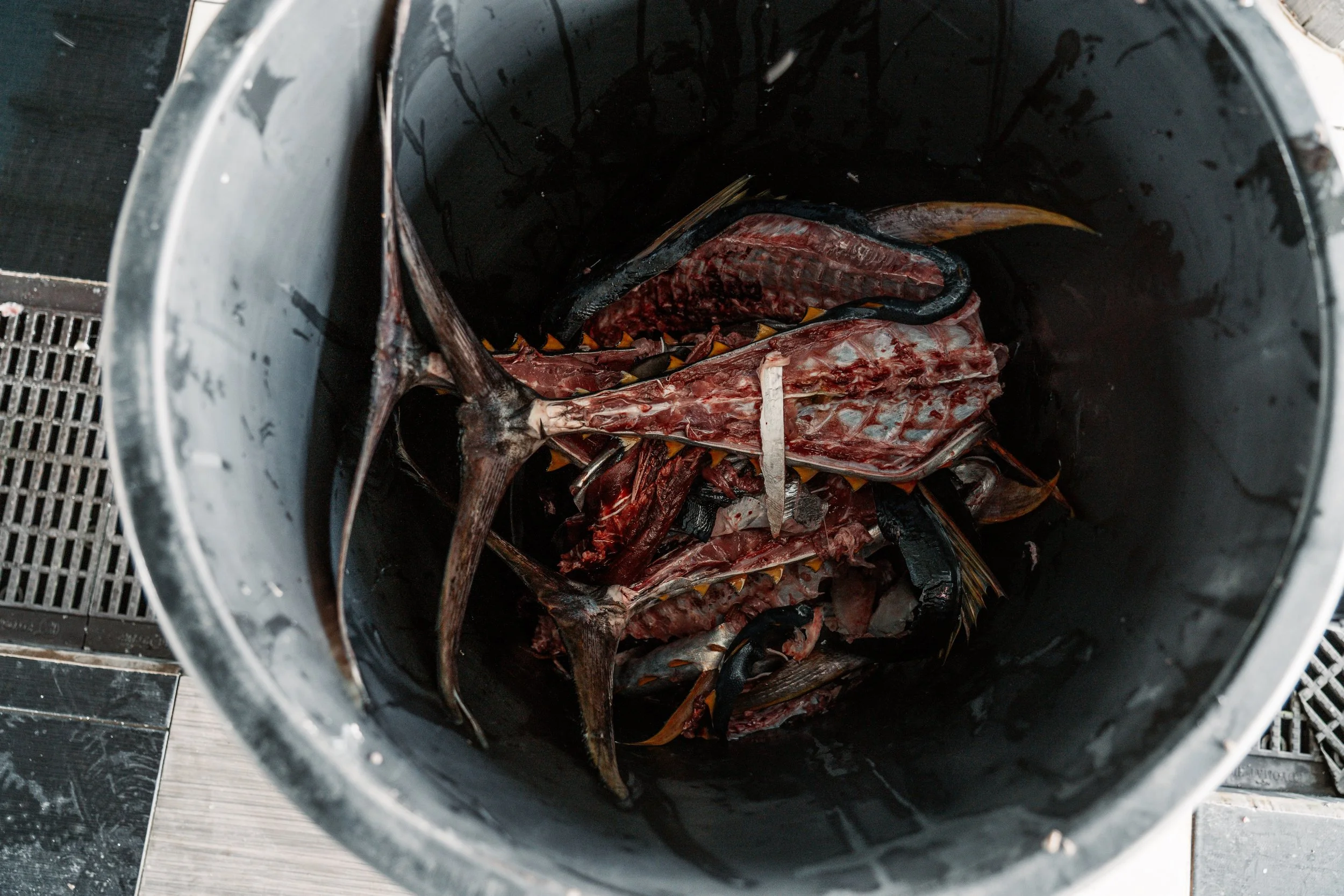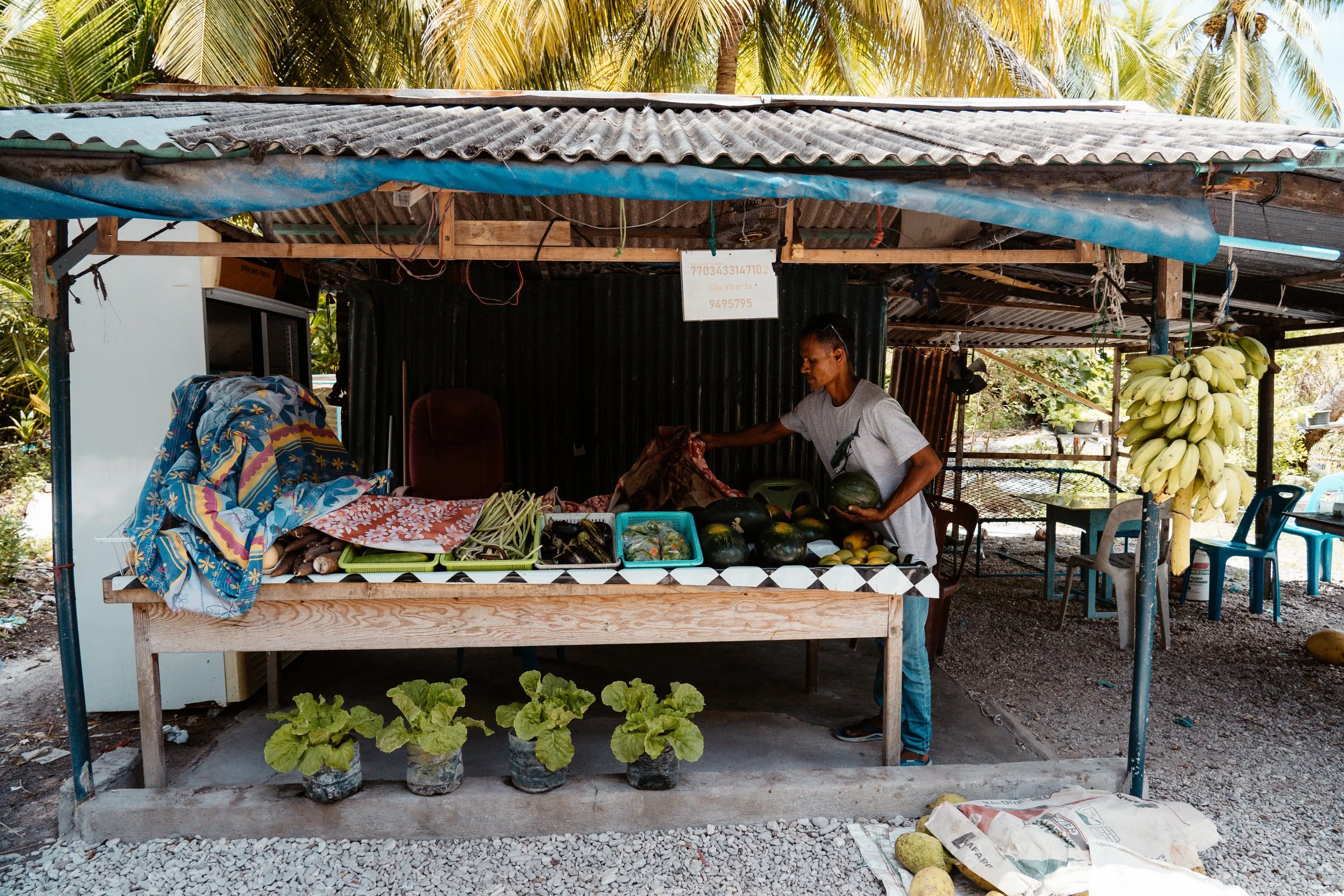
Voices of Island Guardians
STORIES OF HUMAN-SHARK COEXISTENCE IN FUVAHMULAH

An ISLAND TRANSFORMED BY SHARK TOURISM
With an abundance and diversity of sharks and other pelagic life, Fuvahmulah island has been gaining popularity as a diving destination, earning the nickname “Shark Island”.
While shark tourism can often be a polarizing industry, the island’s geographical and socio-ecological context makes Fuvahmulah a novel case study among global hotspots for shark diving — both bolstering the local economy and serving as a notable example for human-shark co-existence.
How IS the RAPIDLY GROWING shark tourism industry PERCEIVED BY DIFFERENT MEMBERS OF the local Island community?
Dive into the personal stories and perspectives of different local community members who are involved in and have been impacted by the shark tourism industry.
A collection of ‘video portraitures’ below allow you to hear directly from some of the voices of Fuvahmulah across the diving industry, fishing community, and local city council.
-
A new industry on the island catering to visitors from around the world and creating job opportunities for locals and expats alike.
-
A longstanding industry directly impacted by the increasing diving activity, leading to conflicting opinions about the island’s shark populations.
-
An island community learning to evolve and adapt with changing environmental and socioeconomic landscapes.
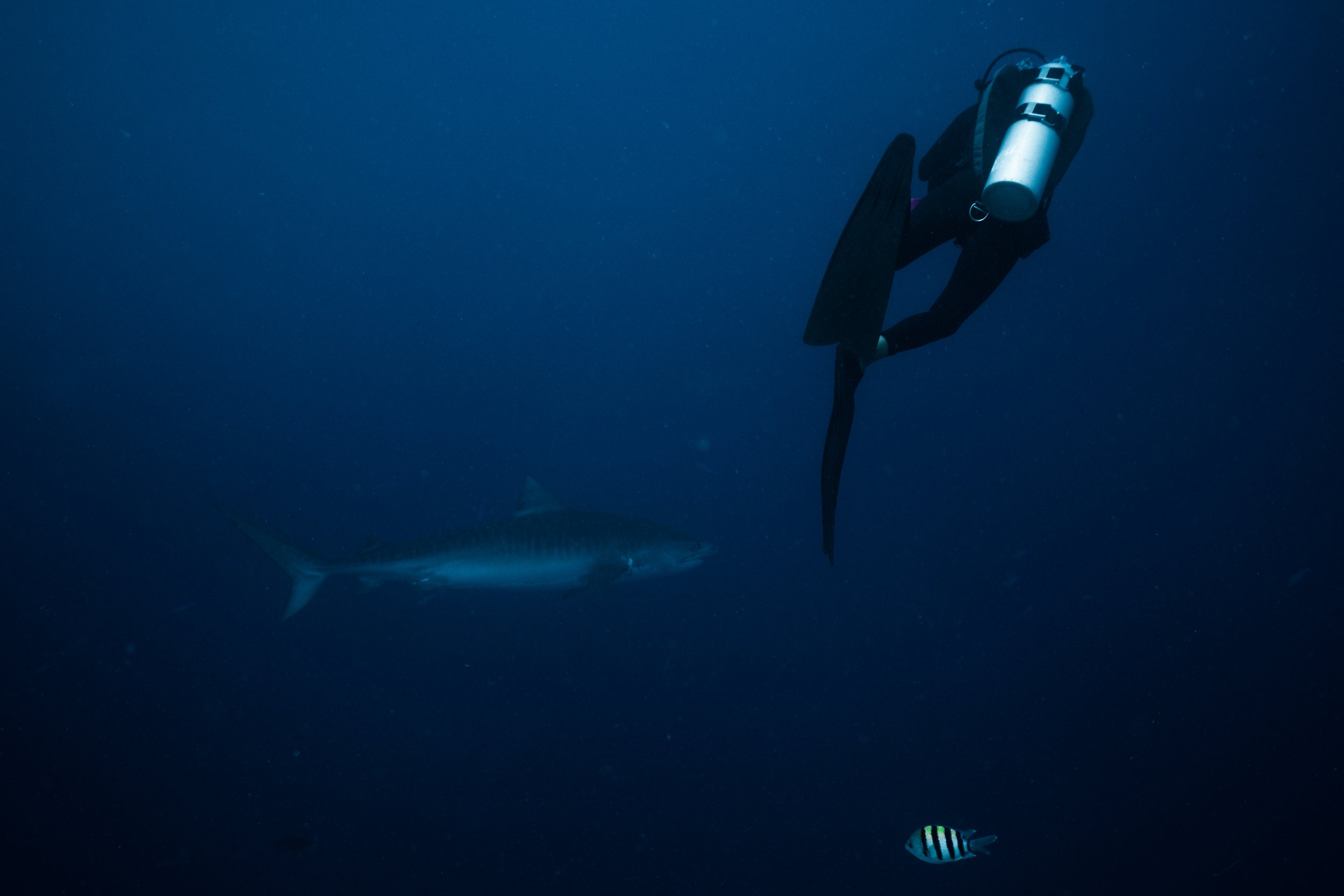
DIVING
Among the nearly dozen species of sharks regularly spotted throughout Fuvahmulah’s dive sites, including pelagic thresher sharks, scalloped hammerhead sharks and silvertip sharks, the island is most well-known for its large population of resident tiger sharks.
These sharks gather in the shallow waters near the boat harbour, having become accustomed to the fishermen throwing overboard the scraps from their daily catch. The dive centres now facilitate ‘tiger shark dives’ based on self-regulated rules, organising a schedule and overall process for diving.
Despite the high concentration of predatory sharks and divers at dive sites, the island has no record of fatal shark bites.
But with more and more divers in the water and an influx of visiting liveaboard vessels, how can dive centers work together to keep delivering safe, meaningful dives with the tiger sharks?
Thoal
“To keep it going,
we’ll have to adapt.”
A dive center owner and recreational fisherman discusses the realities and challenges of running tiger shark dives
< Watch his story
Hamna
“it’s your livelihood you’re protecting.”
The island’s first female dive instructor and only local female shark guide reflects on her journey and the dynamics of Fuvahmulah’s growing diving industry
Watch her story >
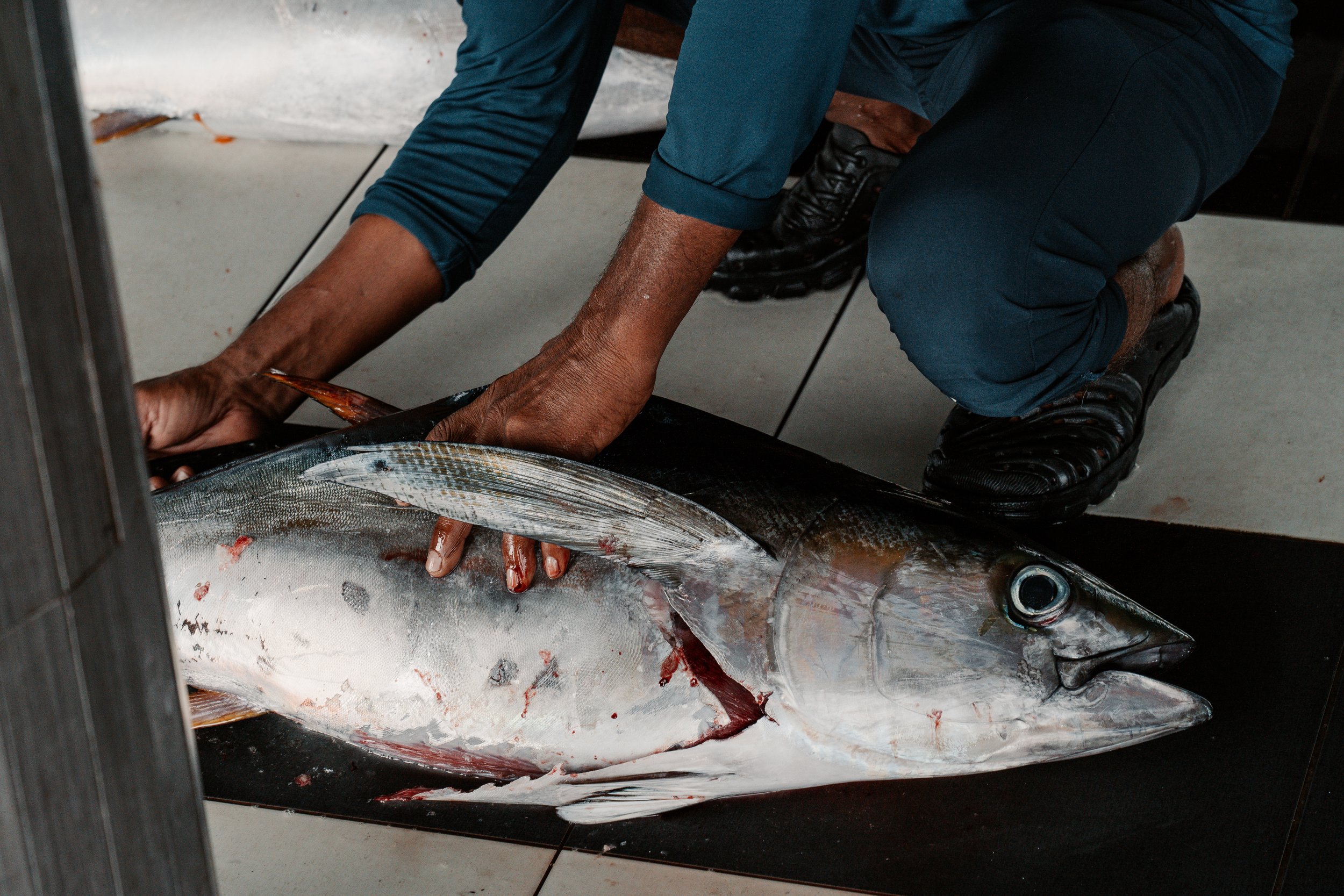
FISHING
Sharks have been protected in the waters off of the Maldives since 2010, when the government implemented a shark sanctuary and total ban on shark fishing.
Many fishermen claim that the abundance of sharks directly competes with their livelihood. However, in Fuvahmulah, the fishermen’s perception of sharks is changing, as they acknowledge the role of sharks in driving their island’s economy. The fishermen are also now an essential part of the shark tourism value chain, as dive centers rely on their fish scraps to facilitate tiger shark dives in the harbor.
Sharks, divers and fishermen all share the island’s waters and resources. How can the shark diving industry mitigate conflict between sharks and fishermen and continue to encourage the fishing community to be stewards of shark conservation?
ASLAM
“They say the increase in sharks is because of divers feeding them.”
A fisherman turned dive center employee explains the evolving relationship between the diving industry and fishing community
Watch his story >
ABDUL
“The [silvertip] sharks here
are very troublesome.”
A seasoned fisherman shares his concerns about the shark species surrounding the island
< Watch his story
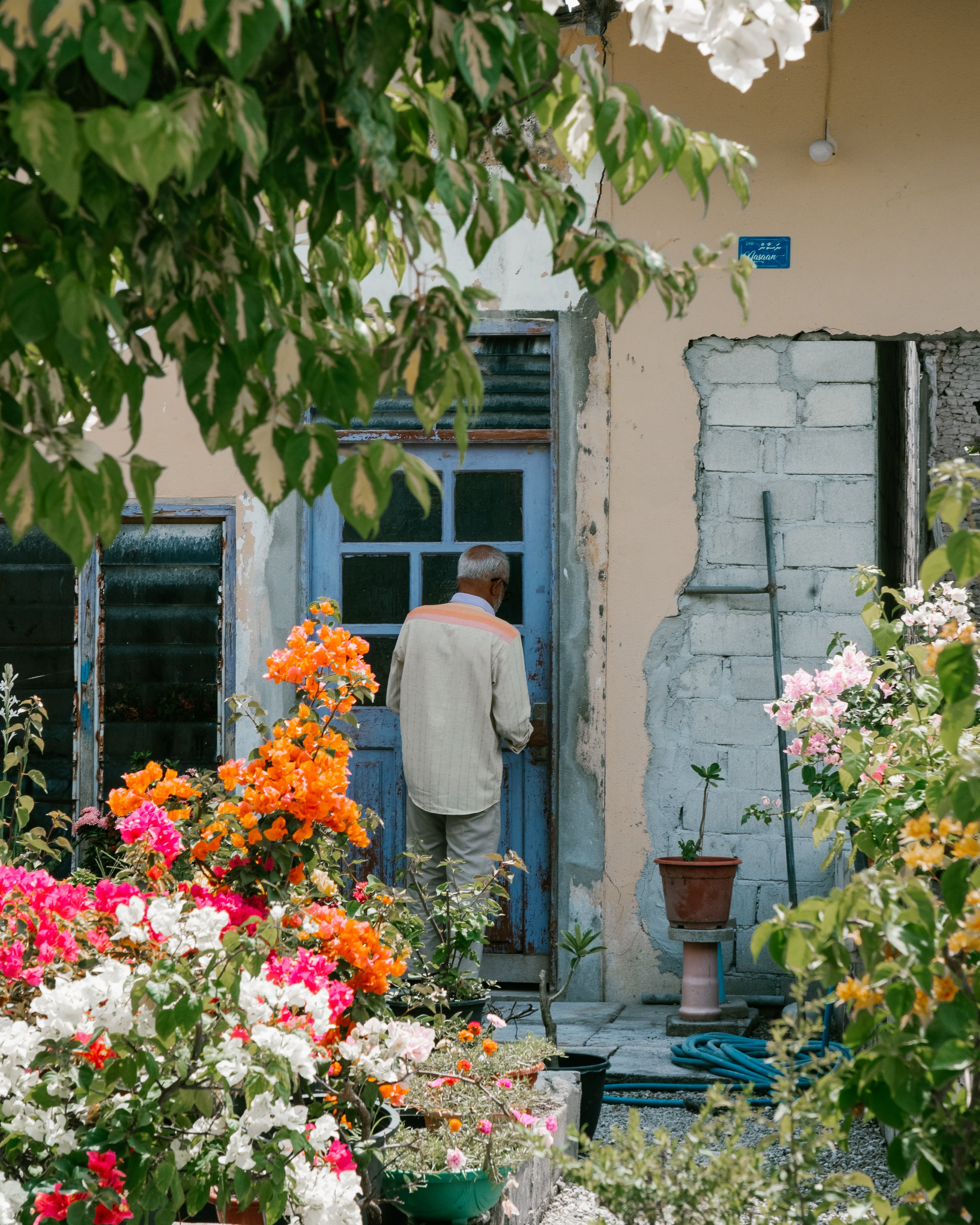
COMMUNITY
It is not uncommon for some Fuvahmulah locals to grow up being afraid of the water, not because of the sharks but rather the strong currents and seasonal rough seas surrounding the island.
However, the rise in dive tourism is helping to increase environmental awareness throughout the community and provide more ocean-related career opportunities for locals. More community members, including women and youth, are getting involved in environmental and marine science fields with the help of local organizations like Women in Fuvahmulah and public engagement efforts by the Fuvahmulah City Council.
The island’s economy now relies primarily on the diving industry, which, in turn, relies on a healthy ocean ecosystem. How can the community ensure all stakeholders involved (dive operators, civilians and tourists) receive equal opportunities, benefits and safety in the field of diving?
Shehenaz
“It’s important to ensure sustainability of these opportunities and benefits, for future generations.”
A member of the city council and founder of Women in Fuvahmulah shares her vision for the future of the island.
< Watch her story
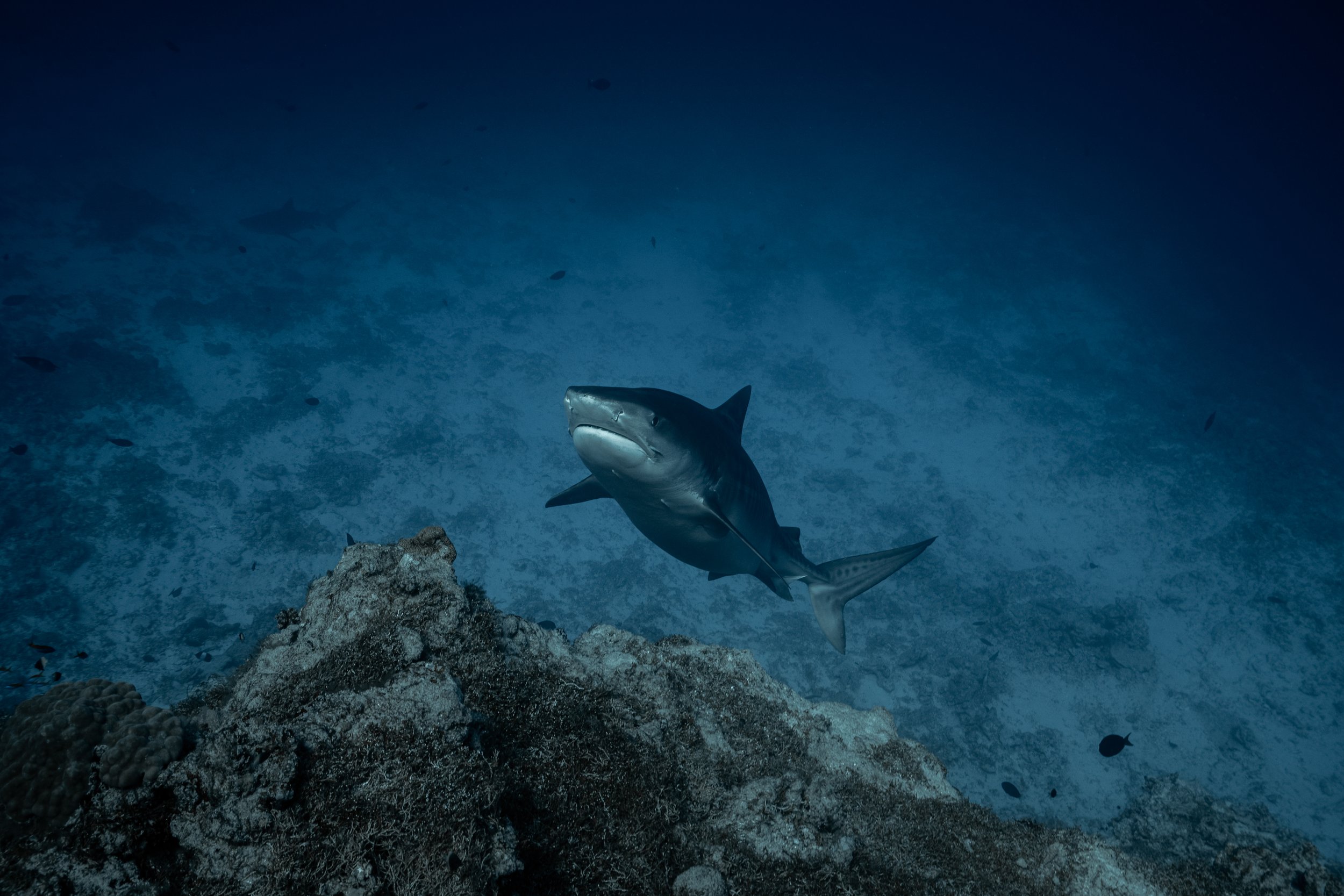
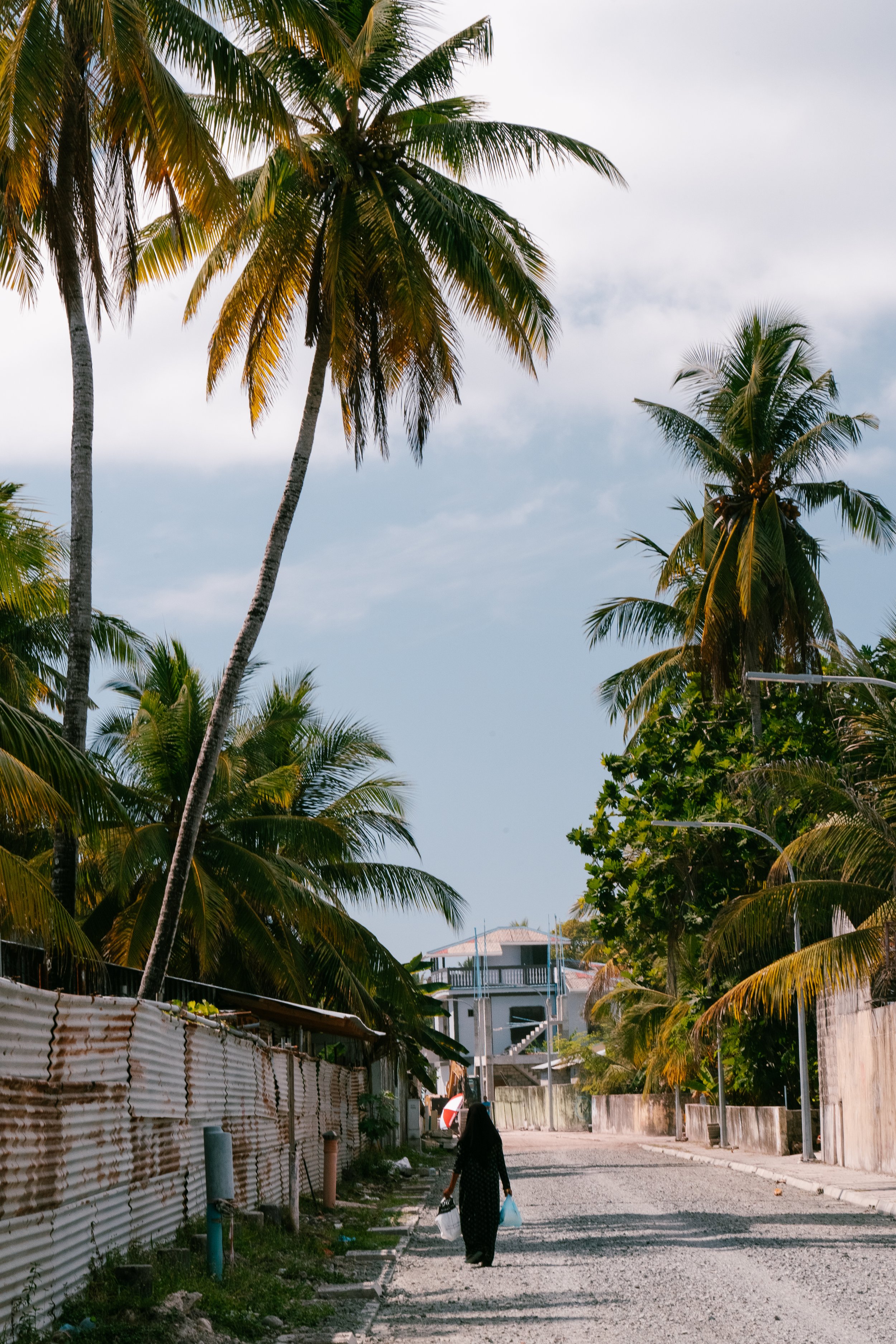


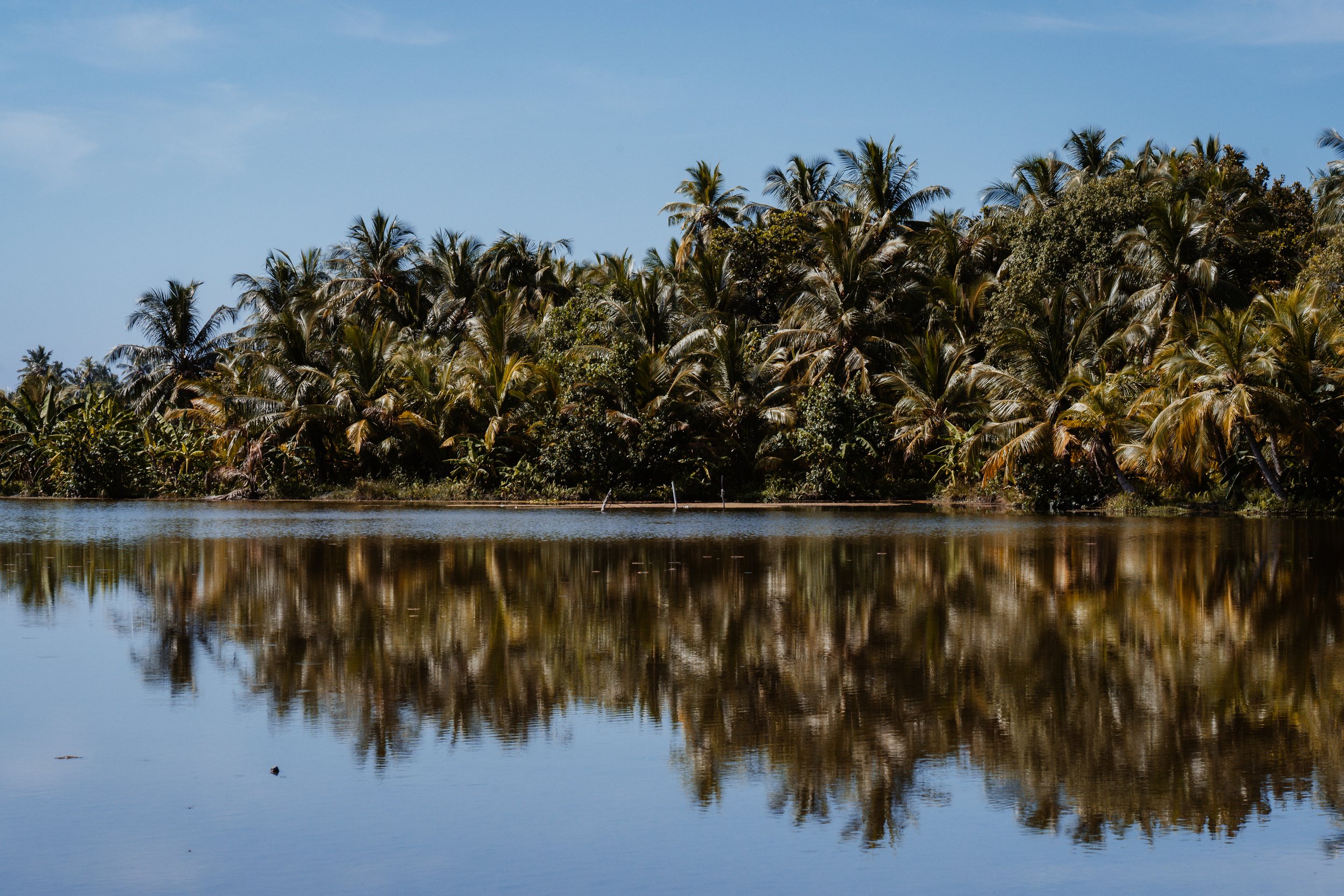

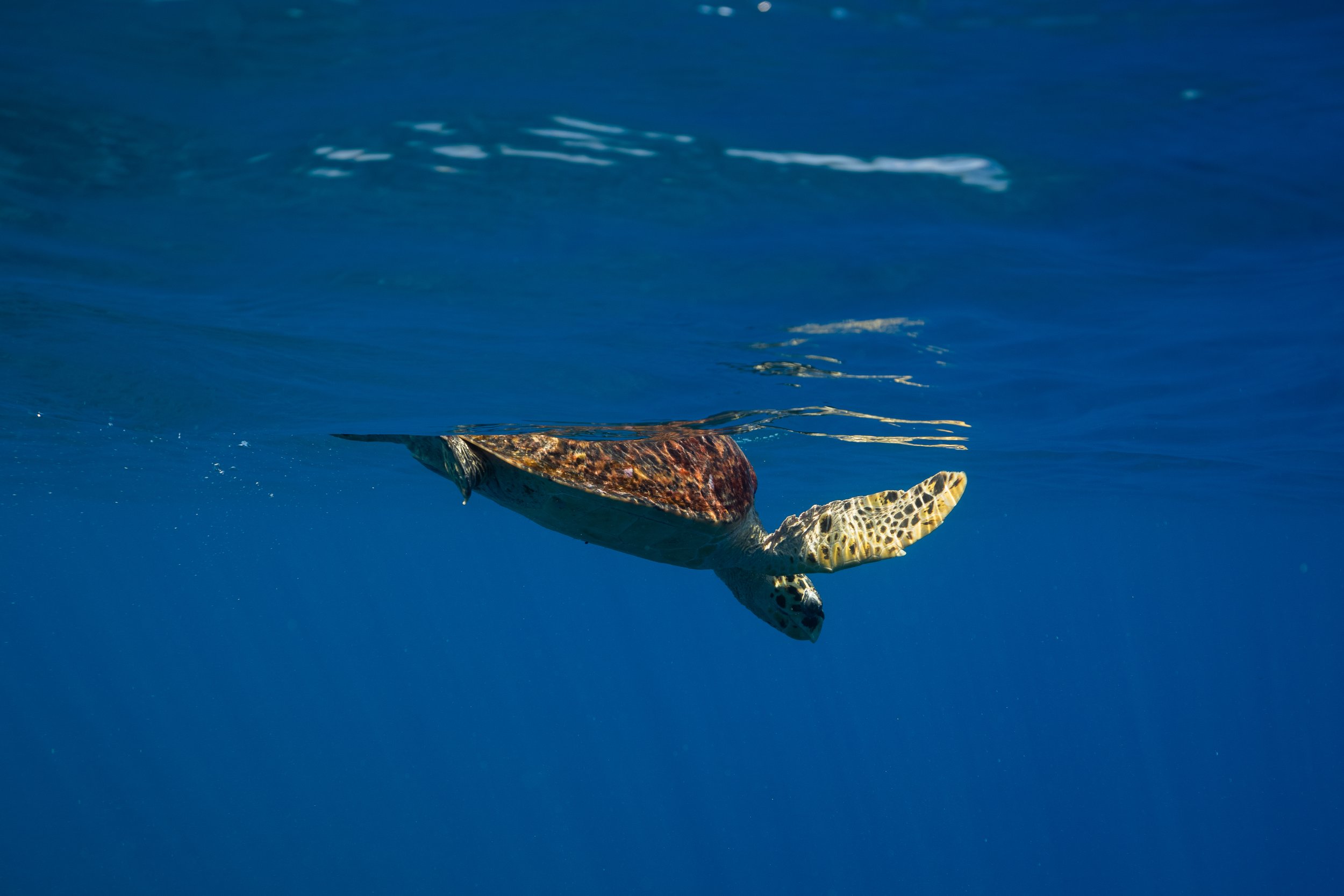
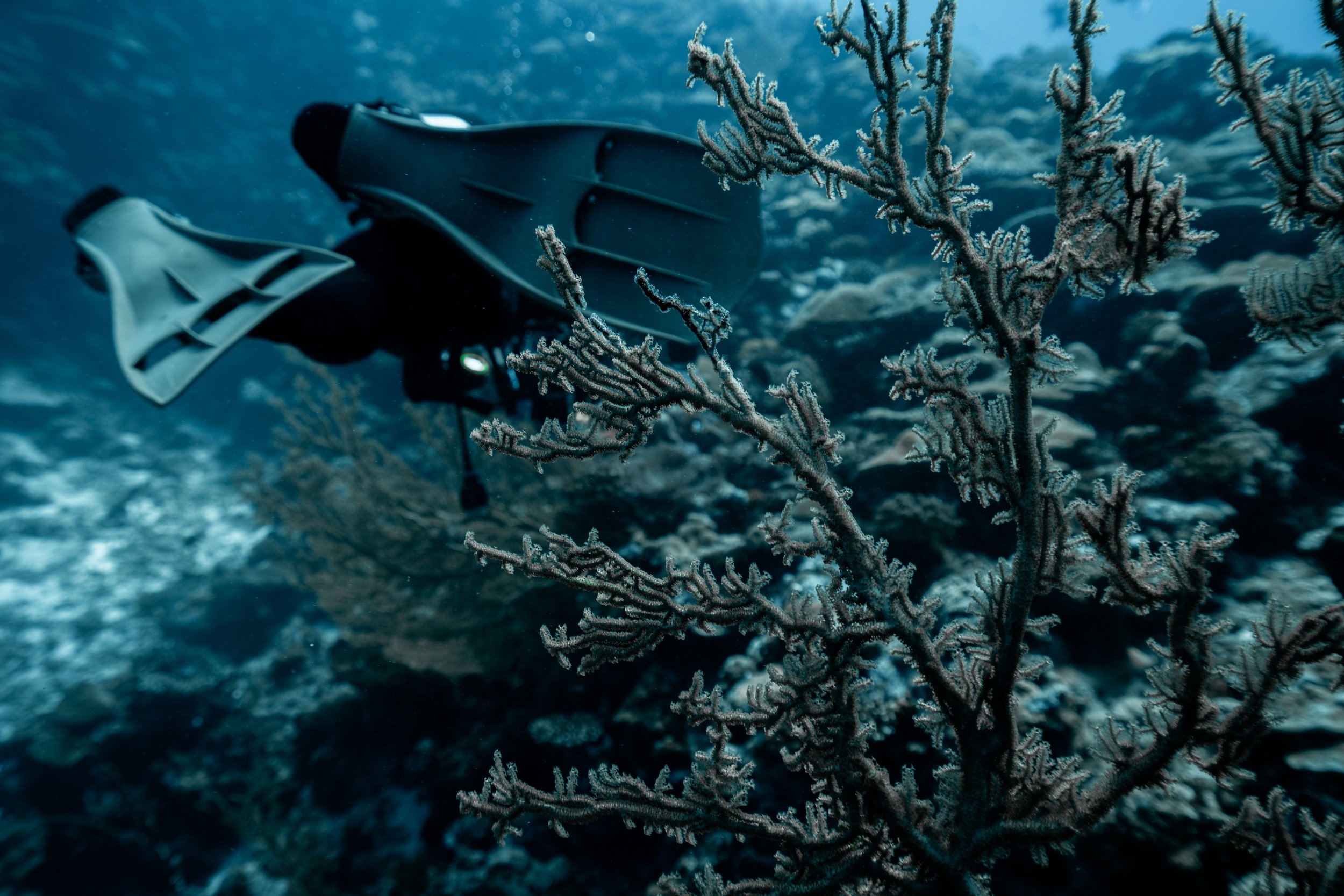
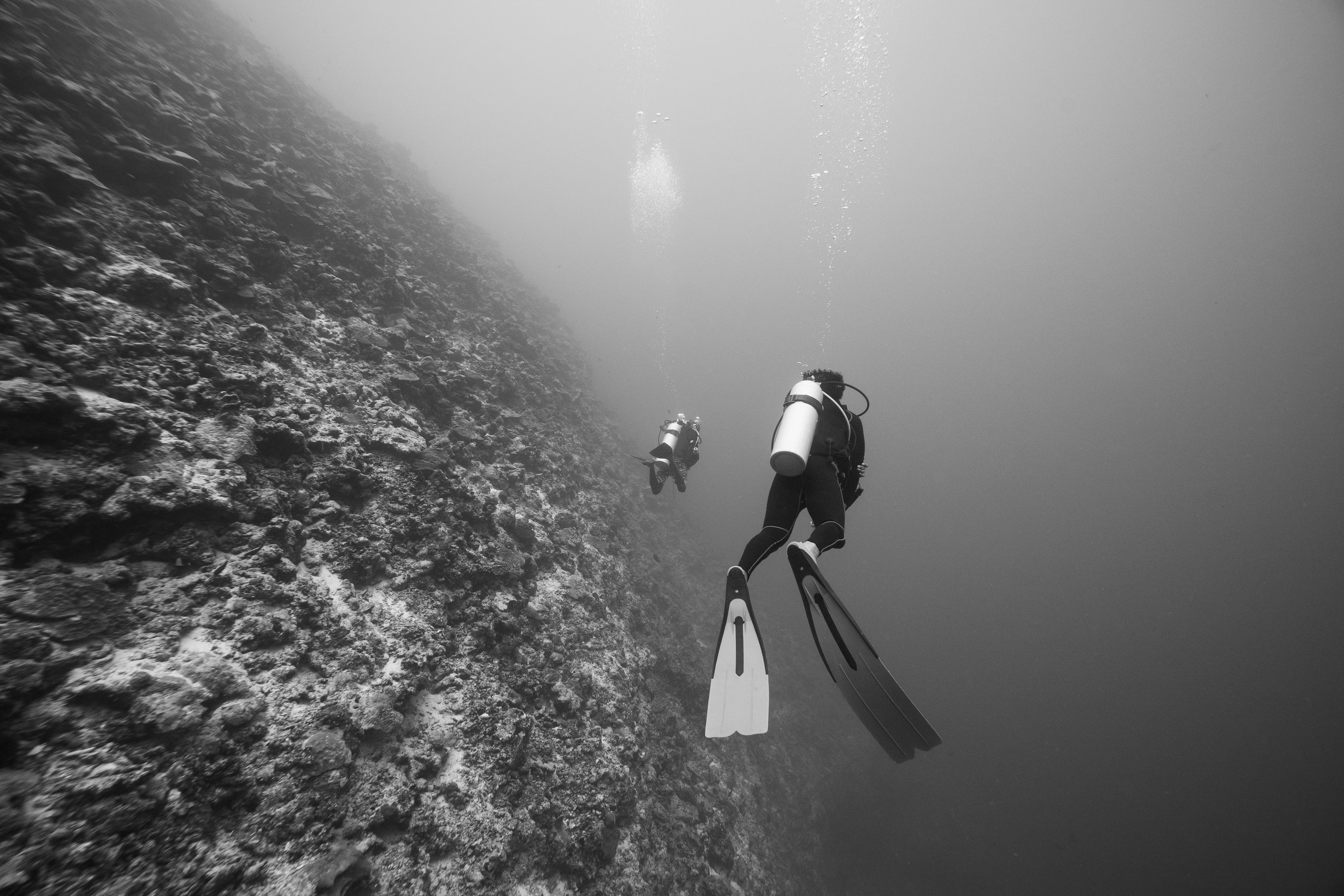


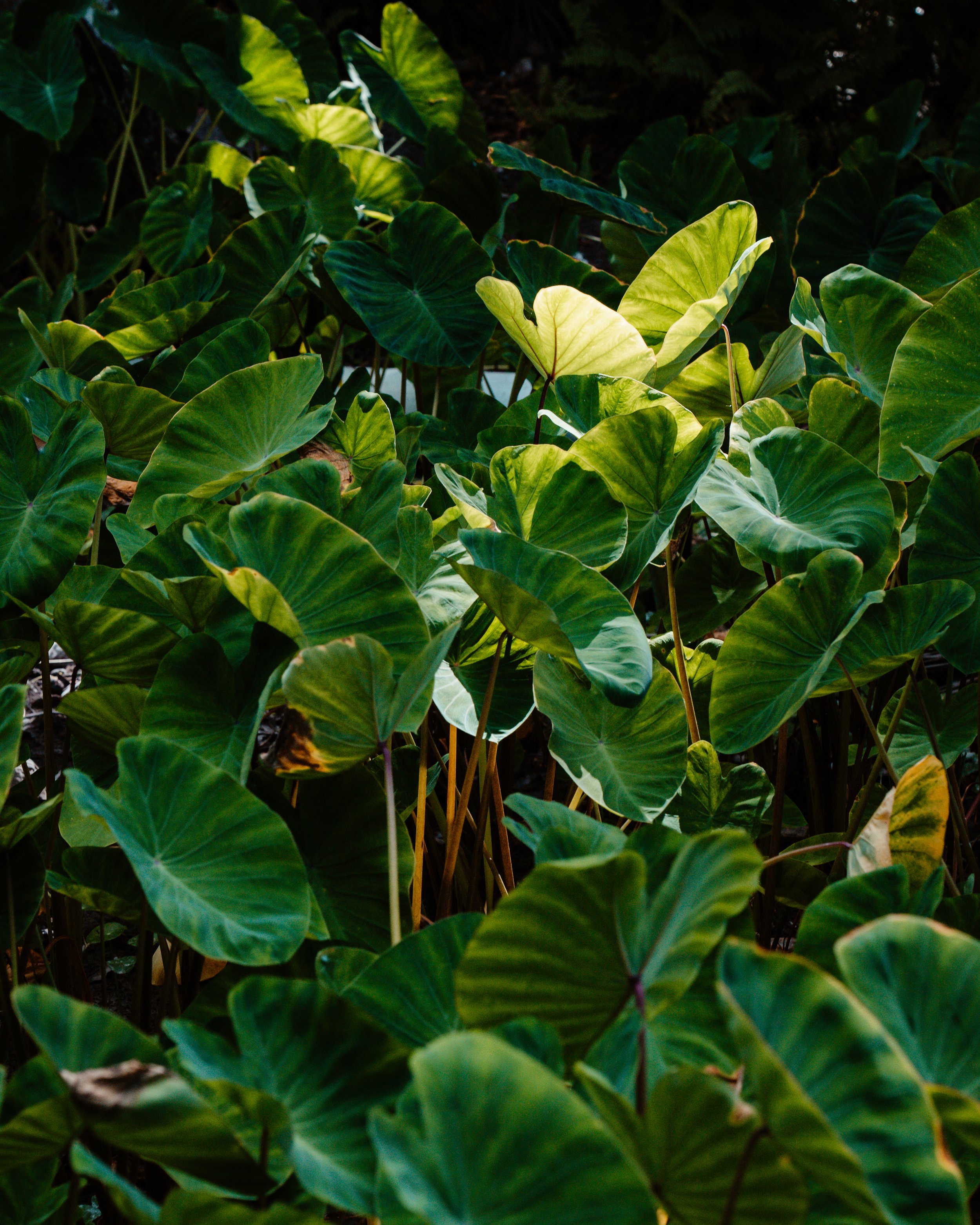
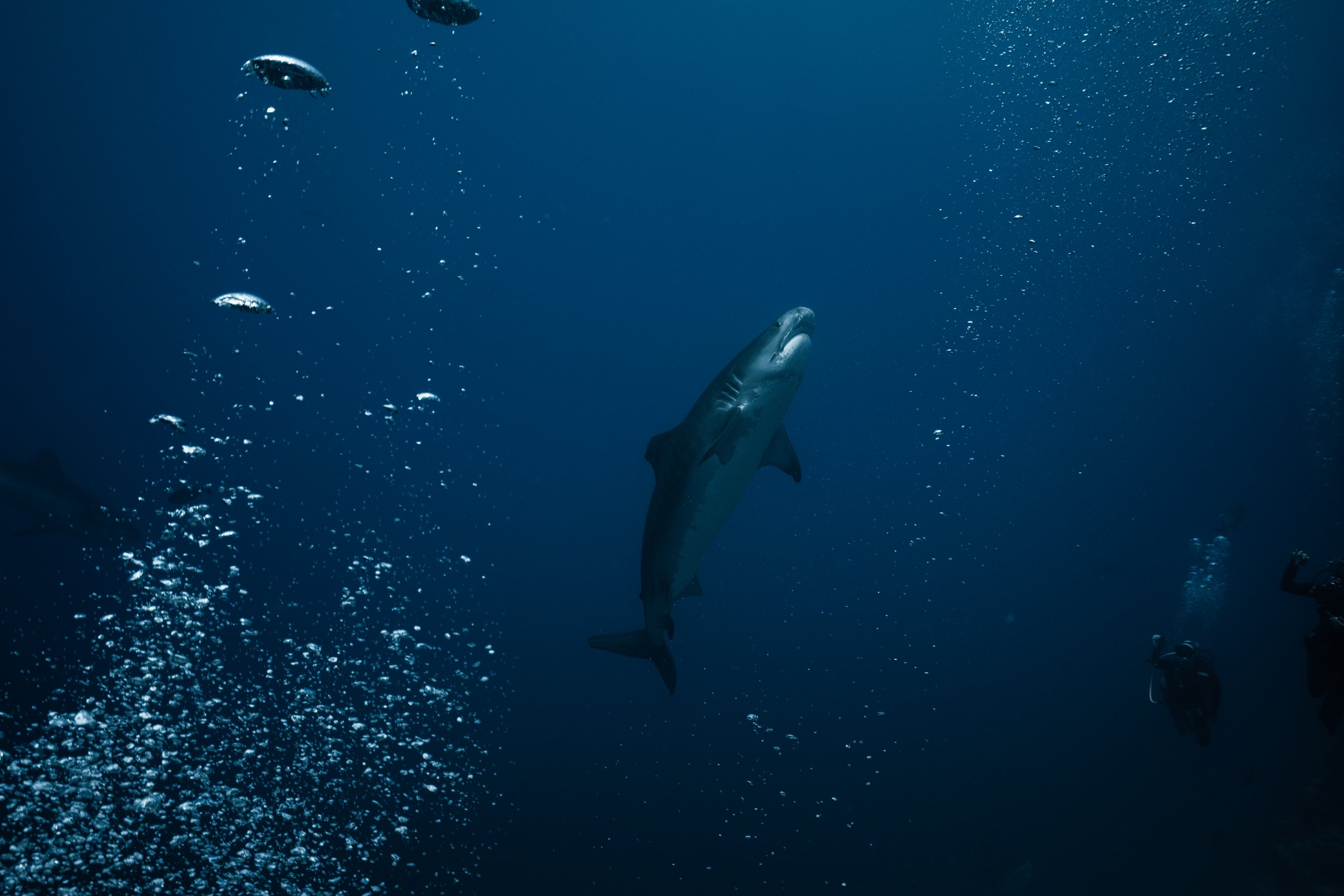


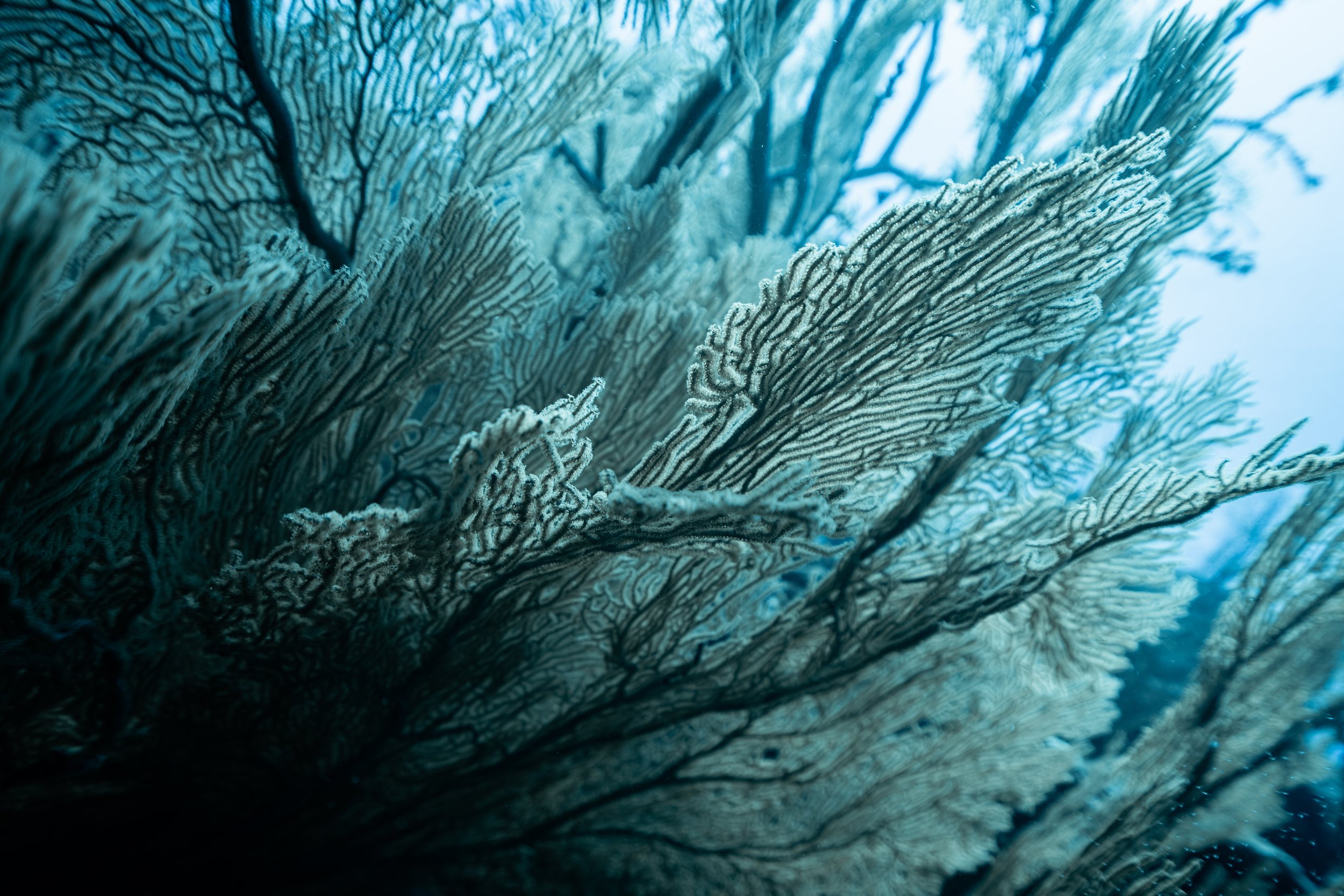

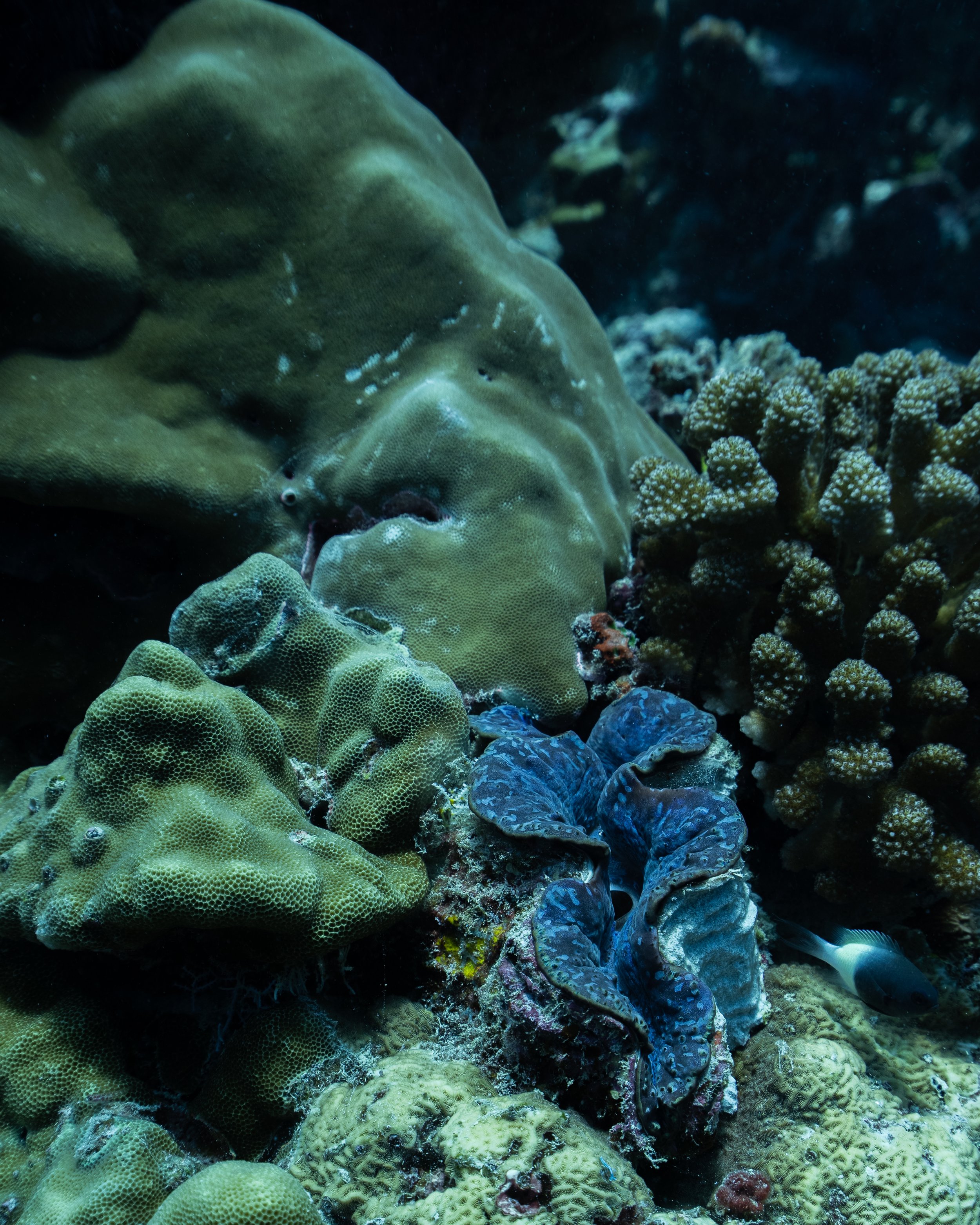
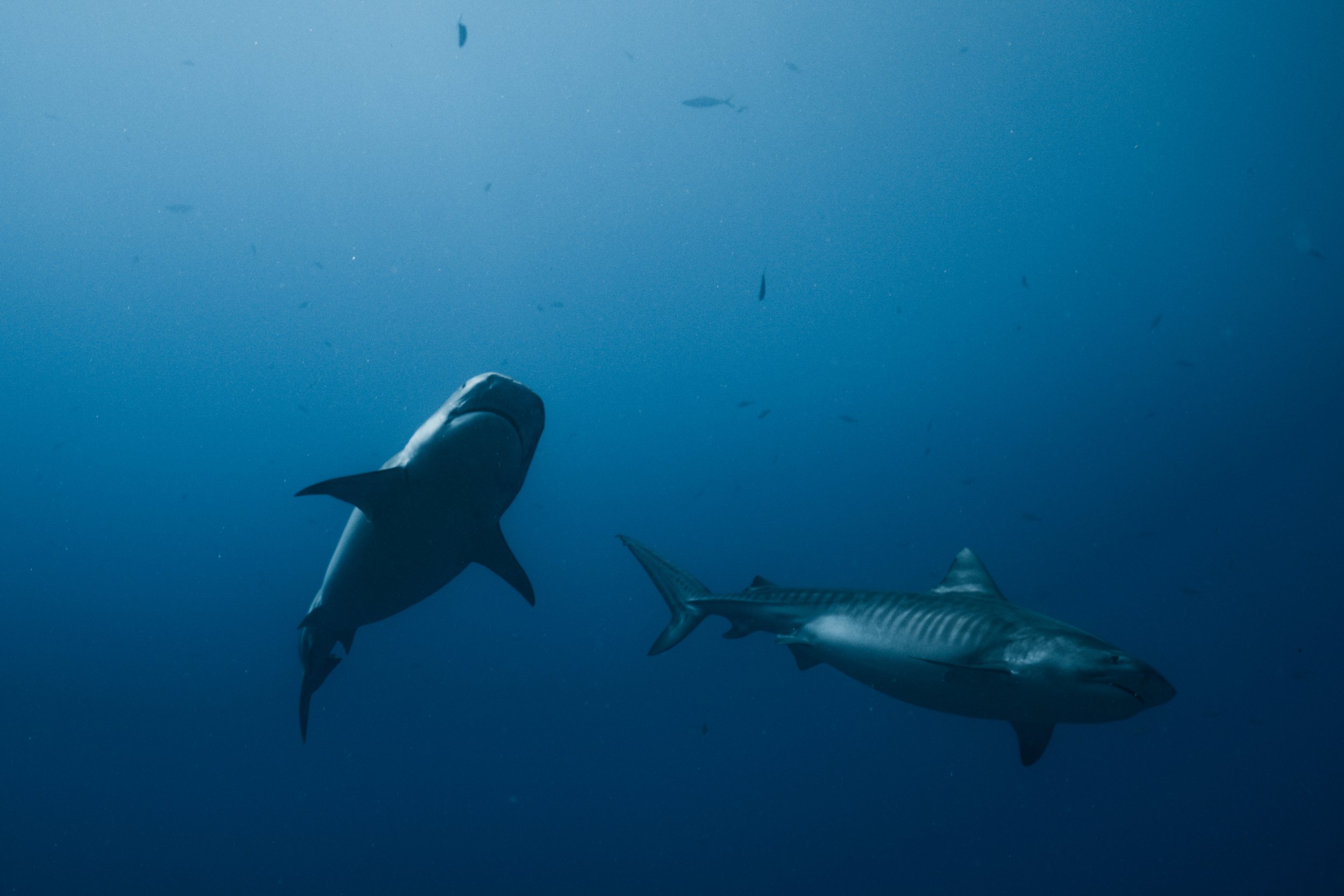
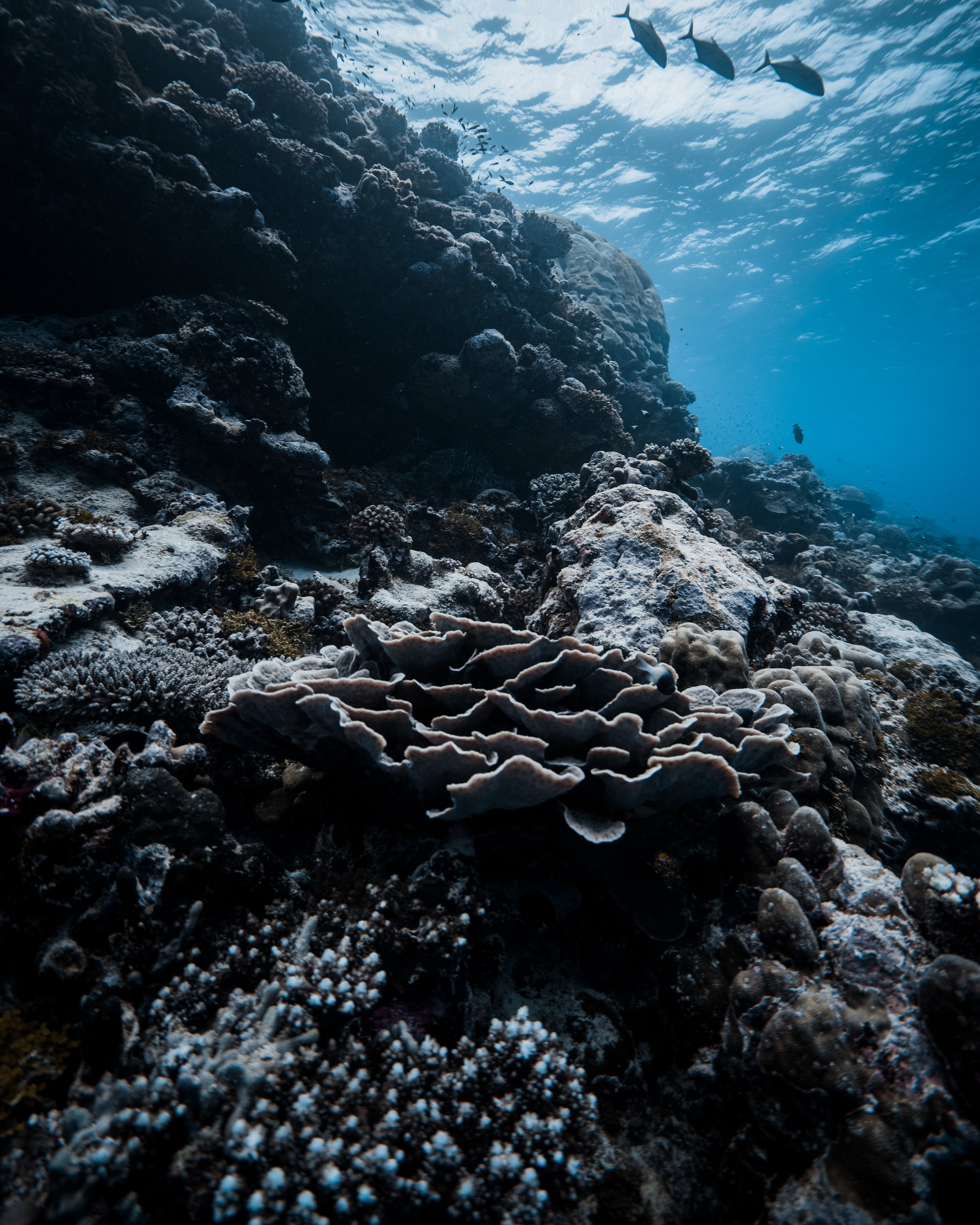
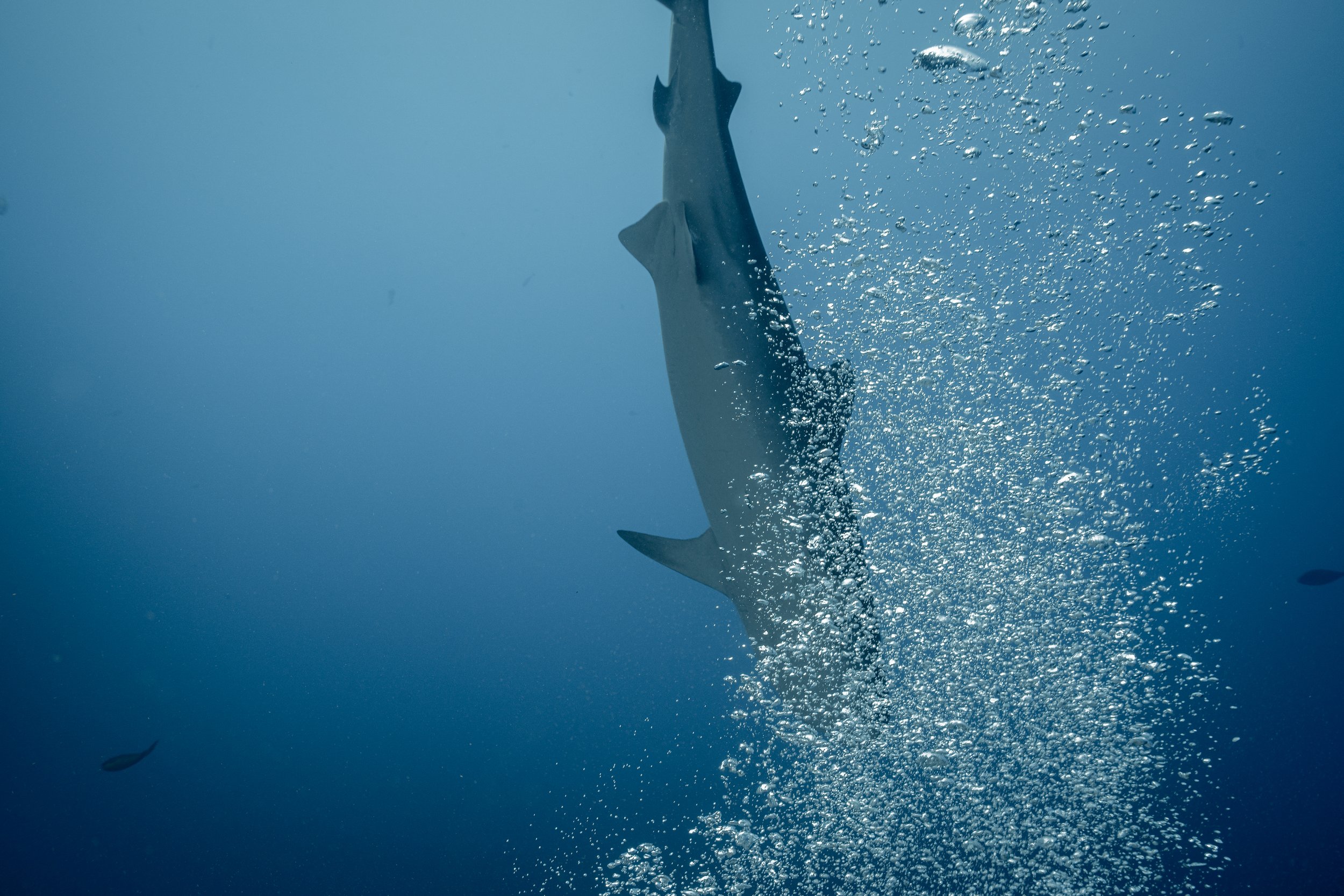
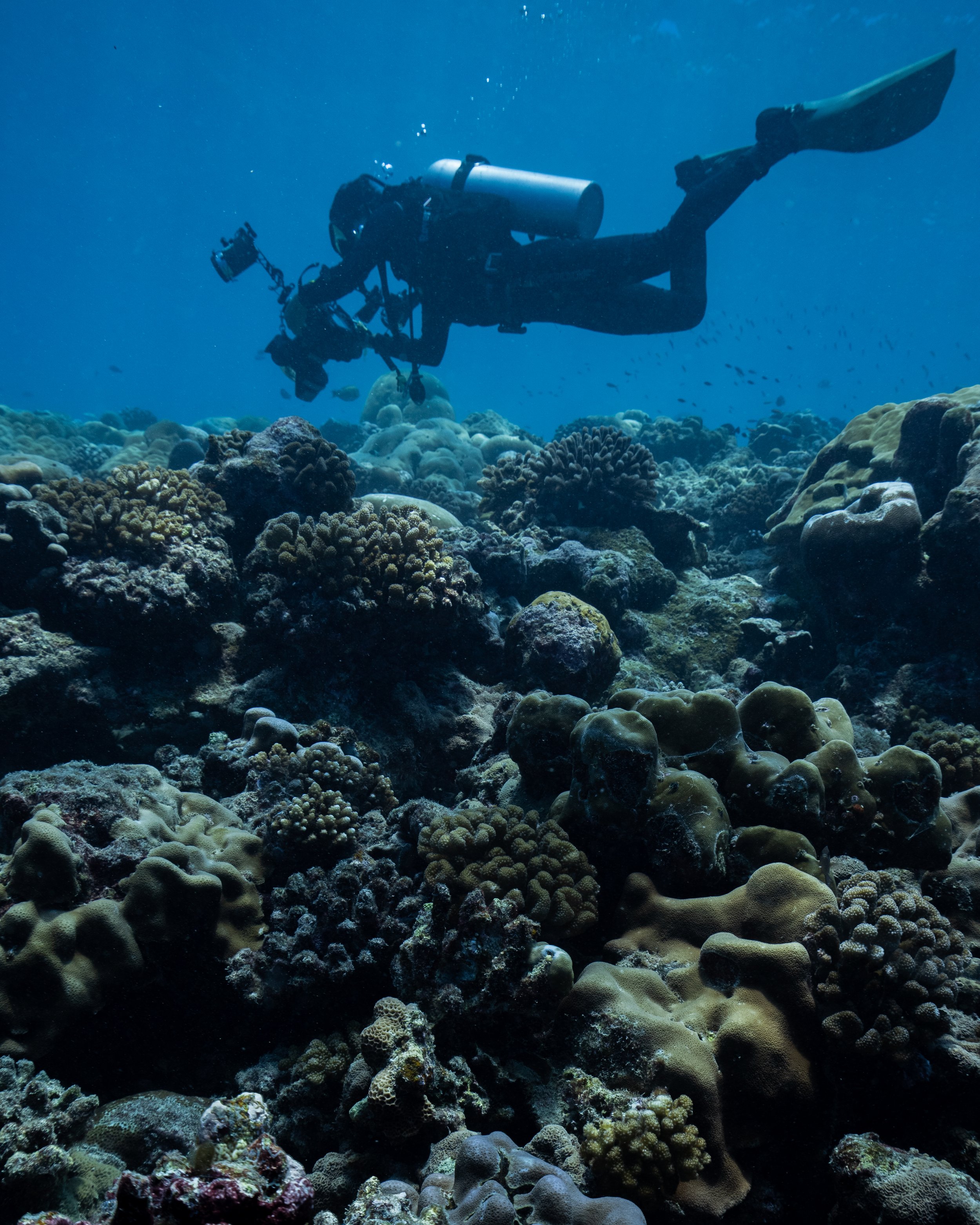
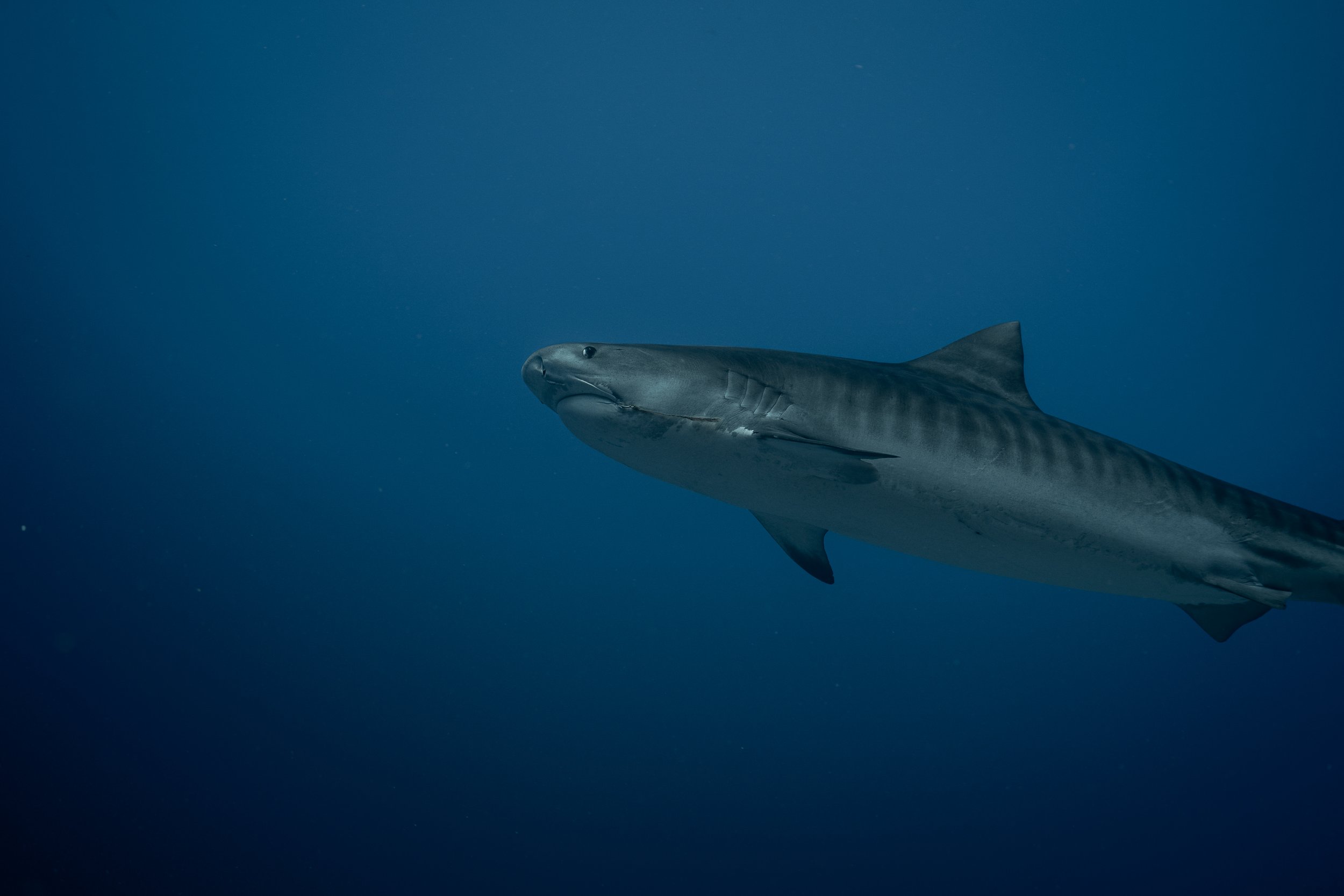
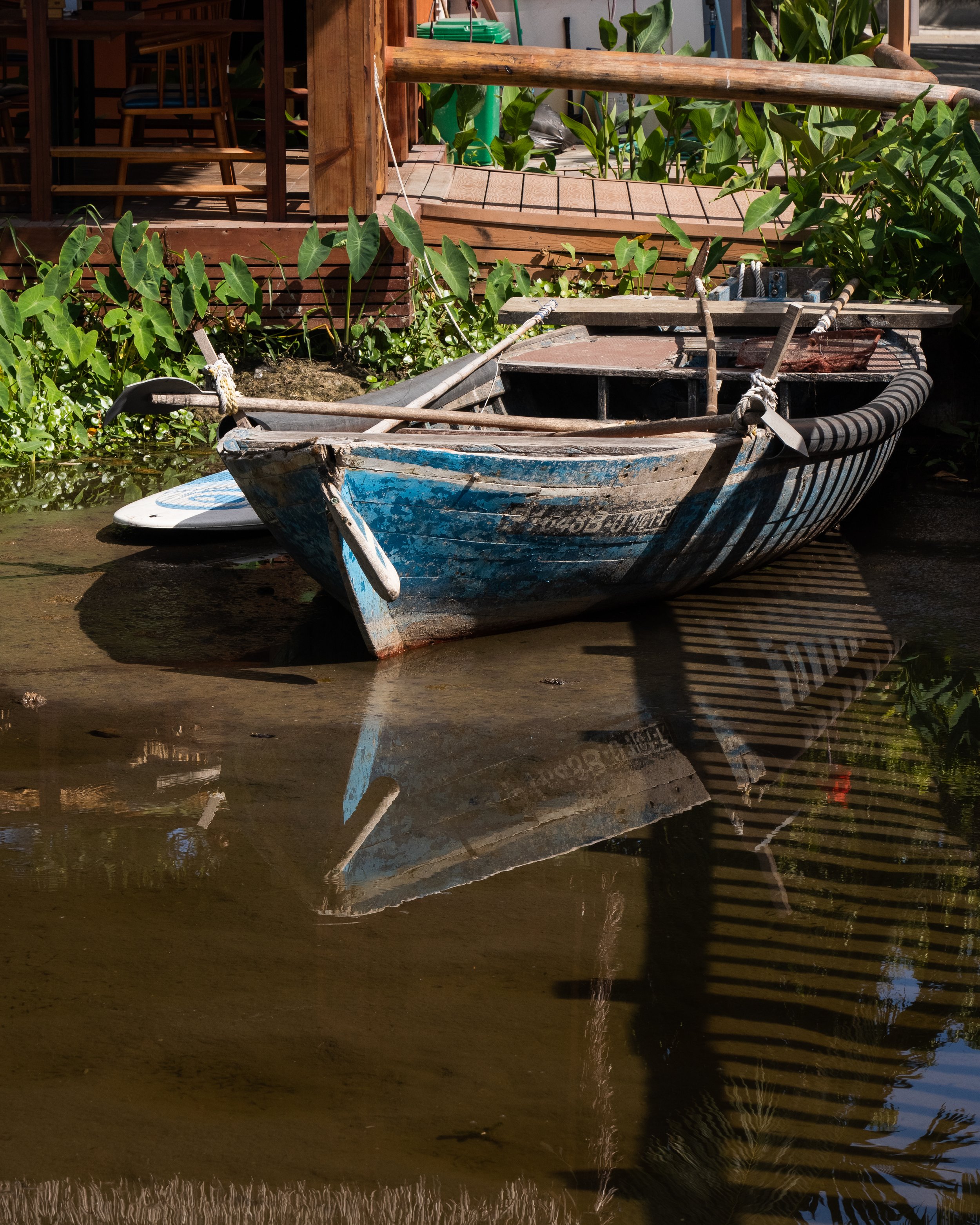
Created by:
Lorea Dandoy
Project Lead, Cinematographer, Photographer, Video Editor, Writer
With support from:
Kenan Chan
Supporting Cinematographer
& Photographer
Graduate Students: Masters in Marine Biodiversity and Conservation
Scripps Institution of Oceanography, UC San Diego











